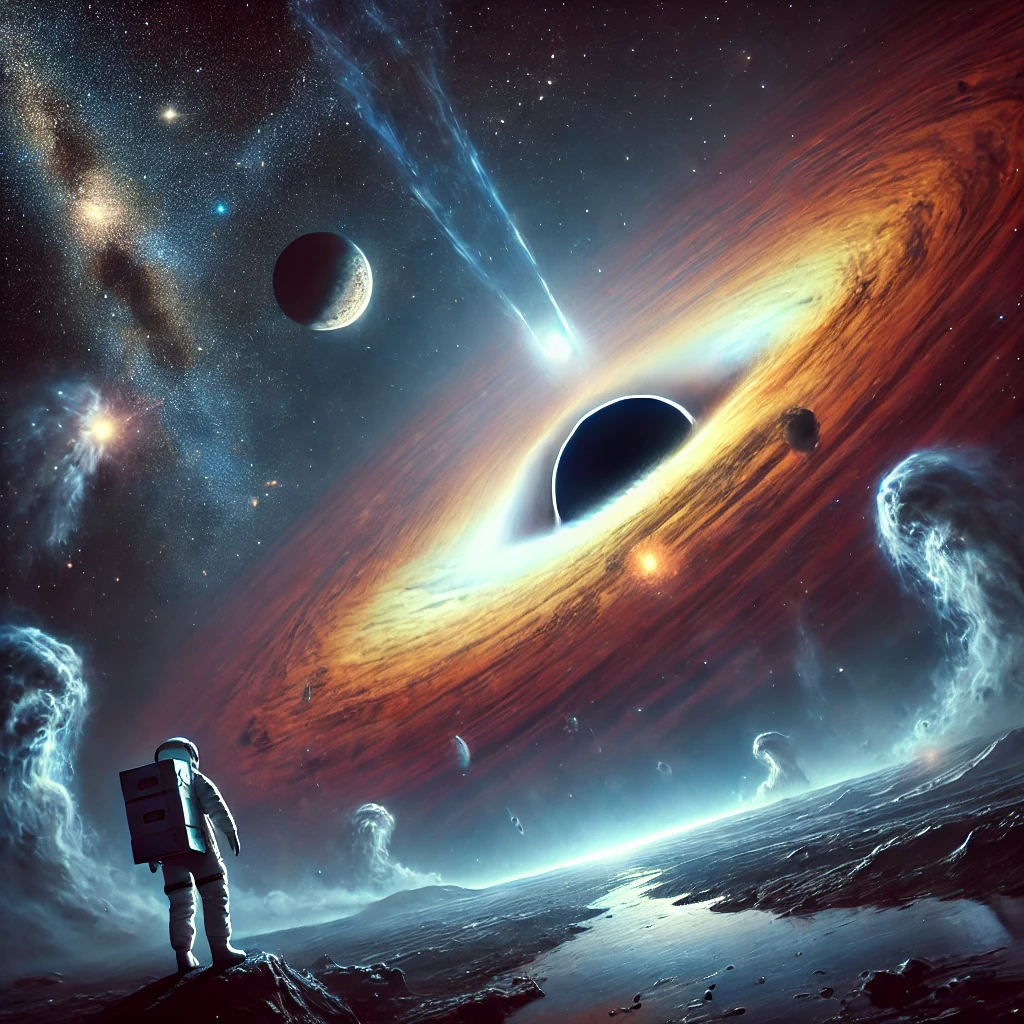What is the biggest mystery in space?
Article Source: The Greatest Mysteries of the Universe

Why you should care
Space holds secrets that challenge everything we know about the universe, especially the mysteries of dark matter and dark energy. These unseen forces make up 95% of the cosmos, influencing galaxies, stars, and even the expansion of the universe. Solving these mysteries could unlock the secrets of existence and lead to unimaginable scientific advancements.
Answering the question… What is the biggest mystery in space?
The biggest mystery in space revolves around dark matter and dark energy. Together, these account for nearly 85% of the universe's mass and 95% of its total energy content. Scientists know they exist due to gravitational effects on galaxies, but both remain invisible and undetectable, challenging even the most advanced scientific tools and theories.
How was the study done?
This exploration of dark matter and energy relies on a combination of observations from telescopes, gravitational measurements, and high-energy particle experiments. By analyzing how galaxies move and interact, researchers infer the existence and influence of these unseen forces on a cosmic scale.
What was discovered?
- Dark matter makes up about 27% of the universe’s mass and energy content, holding galaxies together with its gravitational pull despite being undetectable.
- Dark energy accounts for roughly 68% of the universe, driving its accelerated expansion, and scientists estimate that it has caused galaxies to move apart at a rate of 73.3 kilometers per second per megaparsec.
- These forces have reshaped our understanding of physics, leading to theories that dark energy could be a new form of energy inherent in empty space.
- Despite intensive study, scientists can only hypothesize about what dark matter and dark energy truly are, as no direct evidence or detection has yet been possible.
Why does it matter?
Understanding dark matter and dark energy could revolutionize physics, revealing hidden aspects of reality and how the universe functions. This research could explain fundamental questions about the nature of space and time, influencing technology, science, and even philosophy. Solving these mysteries might bring us closer to understanding the origins and fate of the universe itself.
